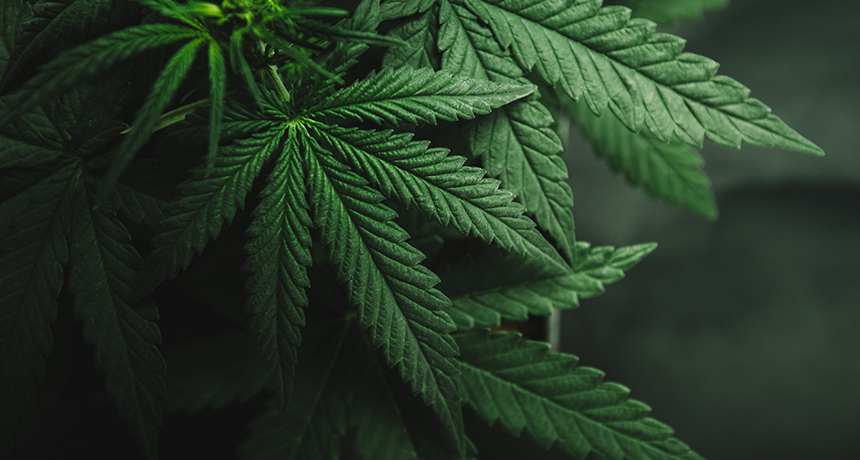Young people’s memory improves after stopping marijuana use
Impairments due to the drug may be reversible in some cases, data suggest

Paying teens and young adults to stop using marijuana led to memory improvements after just one week, a new study finds.
Yarygin/iStockphoto
Share this:
- Share via email (Opens in new window) Email
- Click to share on Facebook (Opens in new window) Facebook
- Click to share on X (Opens in new window) X
- Click to share on Pinterest (Opens in new window) Pinterest
- Click to share on Reddit (Opens in new window) Reddit
- Share to Google Classroom (Opens in new window) Google Classroom
- Click to print (Opens in new window) Print
Taking a month-long break from marijuana helps clear away a memory fog from young people’s minds, a small study finds. The results show that marijuana impairs their ability to take in information. The data also show this memory muddling may be reversible.
The adolescent brain undergoes big changes for many years. This doesn’t end until people reach their mid-20s. Scientists have struggled to understand how marijuana affects this developing brain. One problem: They can’t ask people — especially minors — to use an illegal drug. But “you can do the opposite,” says Randi M. Schuster. “You can get kids who are currently using, and pay them to stop,” she notes. So she and her colleagues did just that.
As a neuropsychologist (NURR-oh-sy-KOLL-oh-jist), Schuster studies conditions and habits that can affect how the brain processes information. For the new study, her team recruited 88 Boston-area people, all 16- to 25-years old. Each reported he or she was already using marijuana at least once a week. The researchers offered 62 of these people money to quit for a month. How much money they got increased as the experiment went along. Top earners banked $585 for going a month pot-free.
These payments “worked exceptionally well,” says Schuster, who works at Massachusetts General Hospital and Harvard Medical School, both in Boston. Urine tests showed that 55 of the 62 participants indeed stopped using marijuana for 30 days.
Along with regular drug tests, participants also took attention and memory tests. These included a number of tricky tasks. For example, on one test people had to closely follow number sequences. On another, they had to monitor the directions and locations of arrows.
Giving up pot didn’t seem to affect the recruits’ ability to pay attention. But it did affect their memory — and quickly. After just one week, those who had stopped using marijuana performed moderately better on memory tests than they had at the beginning of the study. Recruits who kept using pot showed no change. One particular aspect of memory seemed to especially sensitive to the drug: the ability to take in and remember lists of words.
Schuster and her team reported their findings October 30 in the Journal of Clinical Psychiatry.
The results suggest that pot is probably impairing young people’s ability to handle new information. But there’s good news, Schuster says. These data also hint that some pot-related changes are “not set in stone.” By that she means “some of that impairment is not permanent.”
The results raise lots of interesting questions, says April Thames. She works at the University of Southern California in Los Angeles. For instance, is there a point of no return, she asks. “If somebody is using very heavily over a prolonged period,” she wonders, “is there a point at which these functions may not recover?”
Schuster and her team plan to conduct longer-term studies to look into this. They also want to learn whether stopping pot use for longer — for 6 months, say — tracks with performance in school.
There’s still much to learn about how marijuana affects developing brains. And the latest results suggest caution is needed. Laws in many places are changing to make marijuana more easily available. Kids should be urged to delay using pot for as long as possible, Schuster says. That’s especially true, she says, for products that are very strong, or potent.







